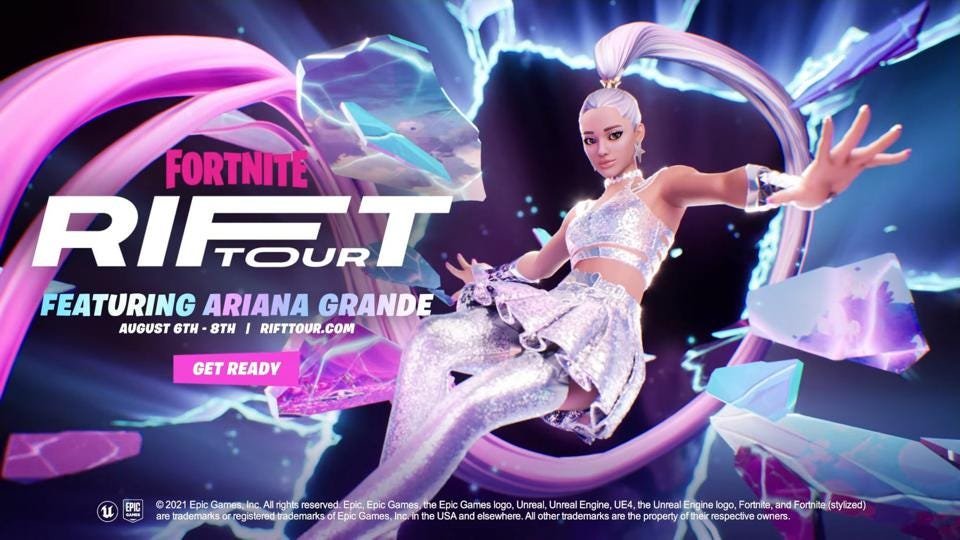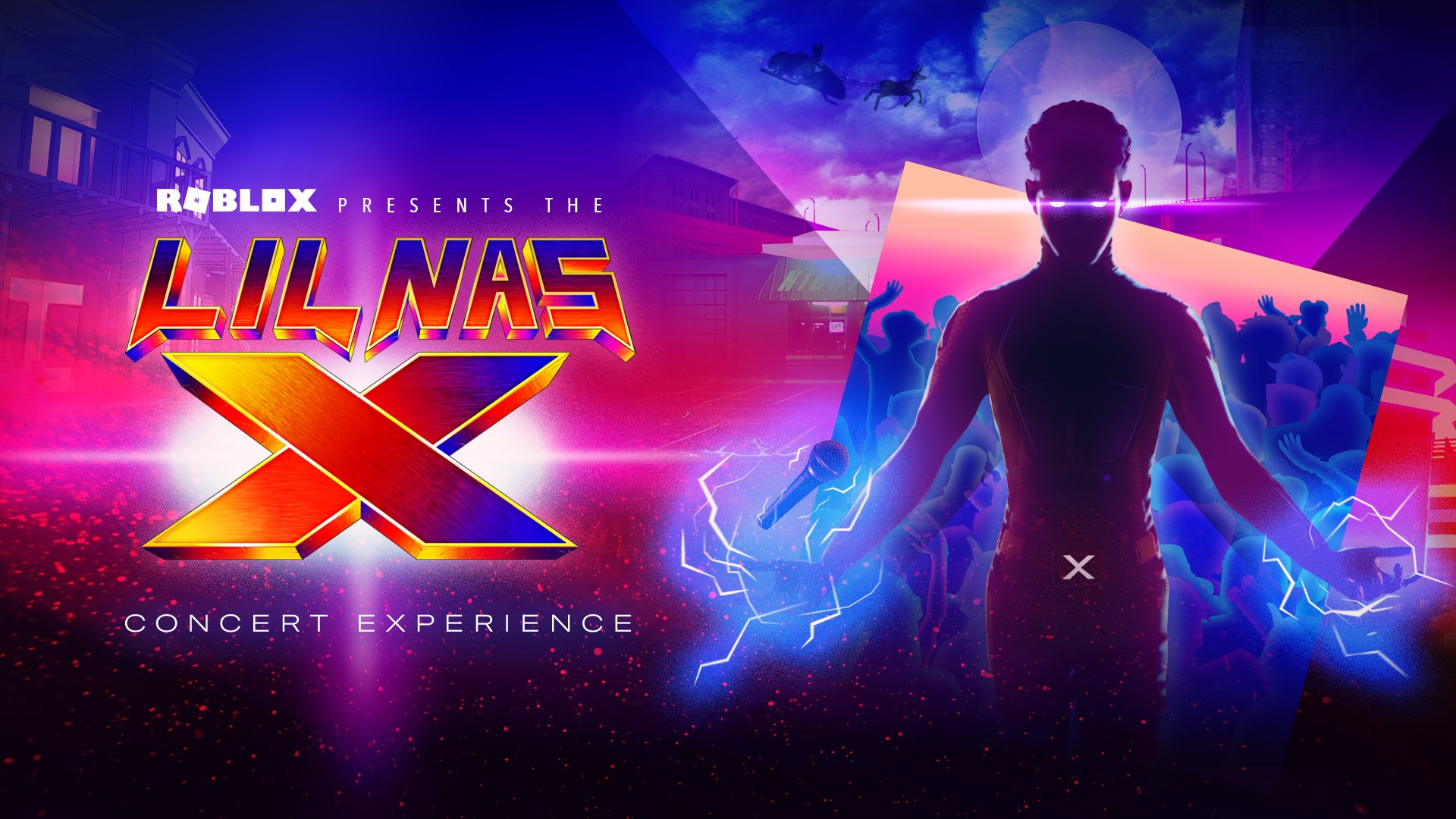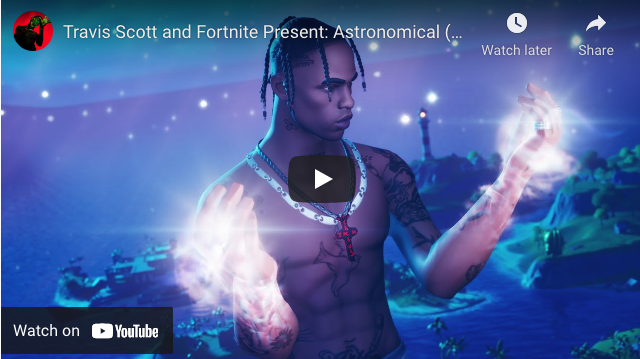What Are Virtual Concerts and Should You Care?
Performing live music has had its challenges in the past few years, but with every hurdle comes an opportunity. The pandemic may have stopped physical live music, but live music didn't die - it grew in different ways via live streaming and virtual concerts.
Virtual concerts are pre-recorded or live shows that occur in simulated environments hosted on blockchain technology. This technology handles the infrastructure that a physical concert would normally operate, such as ticket sales, merch, and capacity of seating.
Don't be confused by the name though, at its core, a virtual concert is still a concert; it's just presented in a different format.
Namely, the artist is presented as an avatar or digital interpretation of themselves instead of a video recording.
If you need a simpler explanation, just think Gorillaz put on a show online.
Gorillaz is one of the earliest popular virtual bands. Damon Albarn is famous for being the lead of Blur as well as a founding member of Gorillaz, but his face doesn't come to mind when you hear the music of the Gorillaz.
Instead, you think of anime-inspired cartoons playing catchy tunes - the crew in the pic below.
This is an oversimplification of a virtual concert - watching an avatar of a band or performer in a virtual experience.
If you think this sounds like a live stream, let's clarify the difference quickly.
Are Virtual Concerts the Same as Live Streams?
A virtual concert is not the same thing as a live-stream concert - both are digital concerts, but a virtual concert is within a metaverse using blockchain technology, whereas a live stream will be a live video feed of online performance. However, virtual concerts can be live or pre-recorded.
That's a 60-second overview of virtual concerts - the big question though is whether should you care about virtual concerts.
You bet! There are many reasons to like this type of event, and it's easy for a musician who already live streams, or performs via the web to enter.
Even as the pandemic loosens its grip on society this past year, virtual concerts (and live streaming) continue to grow in popularity.
And it's not the usual suspects (looking at you Gen Z) driving this growth - diverse audiences and artists are on the bandwagon. Let's have a closer look at why you should care about virtual concerts.
Are Virtual Concerts Popular?
Virtual concerts are attended by millions every year and continue to grow in popularity. Some of the most popular virtual concerts and tours include Ariana Grande with 78 million viewers, Travis Scott with 11.7 viewers, and Lil Nas X with 33 million viewers in 2022.
So yes, virtual concerts are extremely popular - the third most appealing element of the metaverse for all age groups is watching concerts. That's ahead of notable elements like socializing, playing games, etc.
I was shocked by this fact, but within the metaverse, US adults are more interested in watching a virtual concert than live sports or shopping. You might think Gen Z is the group behind this fact, but that's not the case.
What's the Appeal of Virtual Concerts?
For fans, it's simple. We want our favorite artists close-up and personal without having them on stage right next door!
That feeling is what makes music festivals so special - there are no barriers between you & the performer; they can be as creative as they can imagine.
There's a generational story to be told here though. Of course there is, just like everything else. Damn Boomers and Millennials!
Let's look closer at metaverse concert attendance by generation.
What Age Groups Would Attend a Virtual Concert?
Within the US, 29% of millennials would be very interested in attending a virtual concert, which is the largest generational percentage who are most interested. Conversely, Baby Boomers are least interested in attending virtual concerts, with 61% "Not interested at all."
Surprisingly, Gen Z was not the most interested - with 24% of the age group showing high interest in attending a virtual concert. And even more surprising, there is a higher percentage of Gen Z than Millennials that are not interested at all in attending virtual concerts.
Here's a full look at the responses by age group, from Morning Consult's tracking poll.
At the extreme ends of the visual above, 18% of all US adults would be very interested in attending a virtual concert, whereas 41% are not interested at all.
However, if you break the data into interested vs. not interested in attending a virtual concert, the general observation is that 45% of US adults have some interest in a virtual concert, versus 55% of US adults are disinterested in virtual concert attendance.
I'm not sure how you are thinking through this information, but those figures seem far higher than I'd have expected.
I also think there's some power in the knowledge that 41% have zero interest in attending a virtual show. That means given the right approach, you could potentially intrigue 59% of the US population to attend a virtual concert.
Alright, so people are attending concerts. What about the artists - are they making good money from this?
Are Virtual Concerts Profitable For Artists?
From megastars to pub legends, virtual concerts have a lot to offer all types of artists. Since earning potential in the music industry has completely shifted since the advent and growth of digital streaming, there is much to like about virtual concerts.
The primary reason artists appreciate virtual concerts is the revenue potential.
Virtual Concerts are Extremely Lucrative
Travis Scott's Astronomical concert on Fortnite was about 10 minutes long. It generated gross revenue of $20 million including merch sales... for context, during his Astroworld tour, his best night grossed $1.7 million.
10 minutes for $20 million is certainly more lucrative than a full night's performance for $1.7 million. Some projections value live entertainment in the metaverse at $200 billion by 2024, with virtual concerts being the primary source.
So yes, in addition to being extremely popular, virtual concerts are also extremely lucrative.
How Do Artists Make Money From Virtual Concerts?
As mentioned briefly at the top of the article, making money from a virtual concert is similar to how it would be done at a traditional concert. That is ticket sales and merch.
However, the number of potential attendees is much higher for a virtual show. And as we saw with Travis Scott, takes a fraction of the time. So, the math works out quite well for artists in terms of revenue potential.
Let's say an artist charges $10 per ticket to their virtual concert. They could play to 10,000 people per "show" and make $100,000. If they played 4 shows a day, every day for a month - that's $1.2 million.
Now, of course, there are production costs associated with putting on a virtual concert. But those costs are a fraction of what they would be for a traditional concert. So, the math still works out quite well for artists.
It's also important to note that artists make money from more than just ticket sales. They also make money from things like sponsorships, advertisements, and product placement. So, there are even more ways for artists to make money from virtual concerts than traditional concerts.
It's just that instead of a physical venue selling t-shirts, the facility is in the ether and built on blockchain.
Ticket prices for a virtual concert are going to be lower than for a regular concert.
The average ticket price for Animal Concerts is $20 (range of $10-$30). For a traditional concert experience, in Q1 2022 North America, the top 100 tours had an average ticket price of $108.20.
That's a 6X increase in the ticket price!
Additionally, since many of the virtual concerts are taking place in microtransaction environments, such as Fortnite and similar games, the artist will typically release skins or other in-game wearables that players purchase - a 22nd-century version of your Pink Floyd t-shirt, or whatever band shirt you refused to wash in college.
In short, yes - virtual concerts are quite profitable for artists. And as the technology continues to improve and the metaverse continues to grow, we can only expect virtual concerts to become more and more popular.
What Are the Advantages of Virtual Concerts For Artists?
There are more benefits to artists than just revenue when it comes to virtual concerts. Some are certainly financial, but others level the playing field and accessibility for all artists. Here are the top three benefits of virtual concerts, from the perspective of the artist.
1. Higher Show Profitability
For most artists, touring and merch sales are the best ways to earn money today. Mechanical royalties on Spotify aren't paying well, and you need to be incredibly popular to see any significant earnings there.
Music royalties in general aren't a reliable way to earn an income as an upcoming artist. While a virtual concert would be classified as a mechanical and performance royalty, neither are where the money is made for an artist.
Metaverse concerts have an insane profit margin - Animal Concerts for instance has some artists seeing 50% margin from ticket and NFT (think merch here) sales.
2. Far Wider Reach
If you're an up-and-coming artist with a smaller reach, and fans spread across the country, touring can be a challenge, and inefficient. With a virtual concert, the ability to reach a much wider audience than ever before.
No longer are you competing for attention with other bands playing in the same city on the same night.
Your concert can take place in any corner of the globe, and be attended by anyone with an internet connection.
Additionally, you're not restricted to touring only in peak concert-going months. You can perform any time you want, as often as you want. You're no longer at the mercy of venues and their availability.
While some shows can set limits to their attendance, audience size can get as large as your servers will allow.
And even though touring has its advantages and is still an important part of any music career, being able to travel without traveling can be a perk.
If you're a smaller act, this is a great way to be an opener for someone larger as well. It's far easier to be an opening act in the metaverse than it is in person. Plus there may be a higher likelihood of working with the main act you wouldn't outside of the metaverse.
3. Better Fan Engagement
Pre-recording a show can free you up quite a bit. So what should you do with that time? Work for the crowd. This involves live chat for sure. Live streams certainly see this type of engagement happen with high frequency, but you can also take it one step further by moderating a post-show discussion or even just being more present on social media in general.
Some shows will be interactive, with the artist playing a role in what's happening. This could be through Q&A sessions, giving fans choices on what songs to play next, and so on. These types of shows are still in their infancy, but the potential is huge.
And you don't have to have the budget of Travis Scott to make this happen. Even using SongMe to run the system for song requests, or earn tips is a way to support how you engage an audience.
Even more fascinating is that these virtual concert experiences are often interactive. That means the artist can offer unique experiences, such as front row seats or a "meet and greet" type experience after the show where you can virtually chat with the artist in a 1:1 setting - something impossible to do at a traditional concert.
What's the Future of Virtual Concerts?
The rise in the popularity of virtual concerts is only going to continue. They offer a much higher profit margin for artists, wider reach to audiences, and deeper fan engagement than traditional concerts. In many ways, they're the perfect solution for an industry that's been struggling for years.
Alright - hit us with some of your experiences - have you attended a virtual concert? Who did you see? How did you like the experience?






